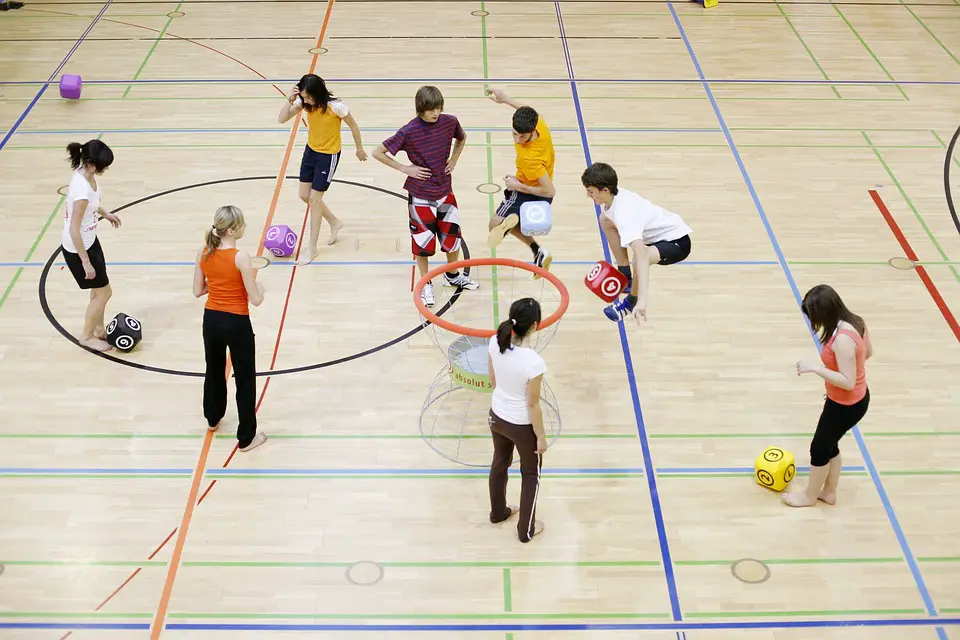Bubala Pronunciation in Spanish
– To say “Bubala” in Spanish, first say the letter “B” like “bay.”
– Then say “oo” like in the word “moon.”
– Next, say “bah” like in the word “father.”
– Finally, add an “la” sound at the end like in the word “bottle.”
– Altogether, it’s pronounced “bay-oo-bah-la.”
Many people struggle with pronouncing words from different languages, and Spanish is no exception. One word that often trips people up is “bubala”. If you’re not sure how to say it correctly in Spanish, don’t worry – we’re here to help!
Understanding the Word
First things first, let’s break down the word “bubala”. This is a term of endearment in Yiddish, which is a language spoken by Ashkenazi Jews. It is often used to express affection towards someone, similar to “sweetheart” or “dear” in English.
Phonetic Breakdown
Now let’s move on to the pronunciation. In Spanish, “bubala” is pronounced as “boo-bah-lah”. Here’s a breakdown of each syllable:
- Boo: Pronounced like the English word “boo”, with a long “oo” sound.
- Bah: Pronounced like the English word “bah”, with a short “ah” sound.
- Lah: Pronounced like the English word “lah”, with a short “ah” sound.
Practice Makes Perfect
Now that you know how to pronounce “bubala” in Spanish, it’s time to practice! Repeat the word out loud several times until you feel comfortable saying it smoothly. You can also try using it in sentences to further solidify your pronunciation.
Common Mistakes
One common mistake that people make when pronouncing “bubala” in Spanish is putting the emphasis on the wrong syllable. Remember to stress the second syllable, “bah”, to say it correctly.
Using the Word
Now that you’ve mastered the pronunciation of “bubala” in Spanish, you can start using it in your conversations. Whether you want to express affection towards a loved one or simply add a touch of sweetness to your language, this word is a great addition to your vocabulary.
Conclusion
Learning how to say “bubala” in Spanish is a fun and rewarding experience. By following the phonetic breakdown and practicing regularly, you can confidently use this term of endearment in your conversations. So go ahead, give it a try and impress your friends with your newfound language skills!

Leave a Reply
You must be logged in to post a comment.